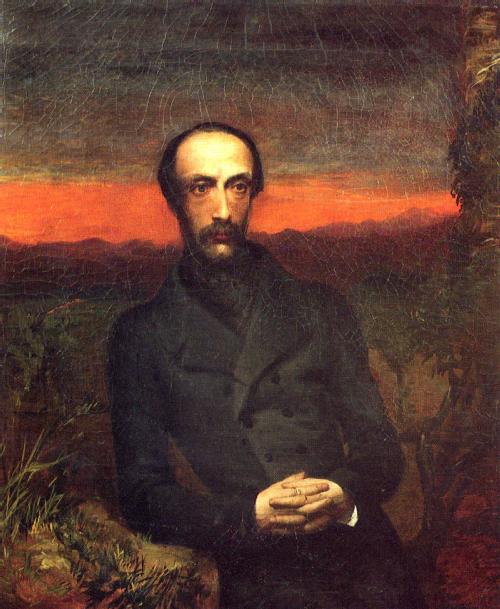Activism: Jessie White Mario and Emilie Ashurst
Questions
- Did British women's activism in the campaign for a unified Italy challenge norms of feminine behaviour in England? Was it justified as part of a 'civilising mission'?
- How influential were Mazzini and Garibaldi in inspiring British women to activism?
- Why were British women more prominent than Italian women in the campaign?
Key Reading
Guiseppe Mazzini, Mazzini's Letters to an English Family
Jessie White Mario, 'The Daily News and the Liberation of Italy, Daily News, 21 January 1896
Federica Falchi, ‘Beyond National Borders; 'Italian' Patriots United in the Name of Giuseppe Mazzini : Emilie Ashurst, Margaret Fuller and Jessie White Mario’, Women's History Review, 2014
See entries on Jessie White Mario and Emilie Ashurst in the Oxford DNB
Further Reading
A woman patriot and fighter for Italy's unity and freedom: Antonietta De Pace in Southern Italy', Parliaments, Estates and Representation, 24 (2004)
Kathryn Gleadle, "'Our Several Spheres': Middle-class women and the feminisms of early Victorian radical politics' in Kathryn Gleadle and Sarah Richardson (eds), The Power of the Petticoat: Women in British Politics, 1760-1860
Diana Moore, Revolutionary Domesticity in the Italian Risorgimento: Transnational Victorian Feminism
Sarah Richardson, The Political Worlds of Women
F. B. Smith, ‘British Post Office Espionage, 1844’, Historical Studies, 1970
Marcella Pellegrino Sutcliffe, Victorian radicals and Italian democrats

Guiseppe Mazzini by Emilie Ashurst Venturi (Museum of the Risorgimento: https://www.museidigenova.it/en/giuseppe-mazzini-nel-1846)
